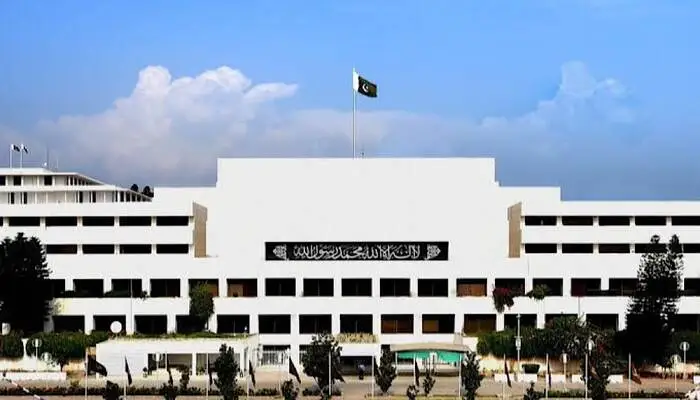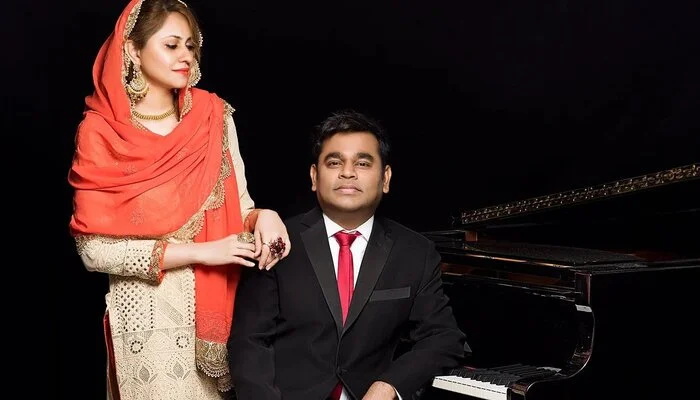
In its first session under the 26th Amendment, the Judicial Commission of Pakistan (JCP) appointed Justice Aminuddin Khan to lead a seven-judge constitutional bench. Justice Aminuddin, fourth in seniority among Supreme Court judges, was chosen by a majority vote of seven to five. Chief Justice of Pakistan (CJP) Yahya Afridi was among those who dissented. The bench includes representatives from all four provinces.
The bench includes Justices Aminuddin Khan and Ayesha A. Malik from Punjab, Justices Jamal Khan Mandokhail and Naeem Akhtar Afghan from Balochistan, Justices Muhammad Ali Mazhar and Hassan Azhar Rizvi from Sindh, and Justice Musarrat Hilali from Khyber Pakhtunkhwa.
CJP Yahya Afridi, senior puisne judge Justice Syed Mansoor Ali Shah, Justice Munib Akhtar, and PTI opposition leaders Shibli Faraz and Omar Ayub voted against. Support for Justice Aminuddin came from Law Minister Azam Nazeer Tarar, Attorney General Mansoor Usman Awan, Senator Farooq Hamid Naek, MNA Sheikh Aftab Ahmad, Roshan Khursheed Bharucha, and Pakistan Bar Council representative Akhtar Hussain.
Army Chief’s Tenure Extended to 2027 After Army Act Amendments
Constitutional Bench Term Set for 60 Days
The bench will serve for 60 days per new legislation that also raised the number of Supreme Court judges from 17 to 34. CJP Afridi led discussions on the bench’s term under Article 175(A) of the Constitution. After debate, the commission agreed on a two-month term with representatives from all provinces.
Sindh Resolution for Provincial Bench
The Sindh Assembly recently passed a resolution to create a provincial constitutional bench under Article 202-A, a part of the 26th Amendment. This decision aims to increase provincial representation in constitutional matters. Another JCP meeting in two weeks will choose judges from the Sindh High Court for this bench.
Debate on Seniority in Selection Process
During the session, Akhtar Hussain of the Pakistan Bar Council suggested that judges appointed to the bench be chosen by seniority, excluding those considered for Chief Justice or nominated by the parliamentary panel. A minority proposed that the CJP should lead the constitutional bench, with all Supreme Court judges forming a full court. This idea was rejected, as it could create issues for appeals, requiring a larger bench to review decisions.
Quorum Issue Raised and Resolved
Omar Ayub raised quorum concerns due to an absent member. The JCP resolved this by voting to continue, as the majority affirmed quorum requirements under the Constitution.
Plans for Secretariat and Committee Formation
CJP Afridi welcomed the commission members and proposed establishing a secretariat to support the JCP. The commission approved this and allowed the CJP to proceed with rule-making. A three-judge committee was also formed to oversee constitutional interpretations, consisting of the CJP, Justice Mansoor Ali Shah, and Justice Aminuddin Khan.
Emergency Committee Meeting Scheduled
In a letter dated October 31, Justices Shah and Munib Akhtar urged the CJP to schedule hearings for constitutional petitions challenging the 26th Amendment. The JCP did not review the letter, but the two judges held a separate meeting and set hearings for November 4.
Follow Day News on Google News, Instagram, YouTube, Facebook, Whats App, and TikTok for latest updates














